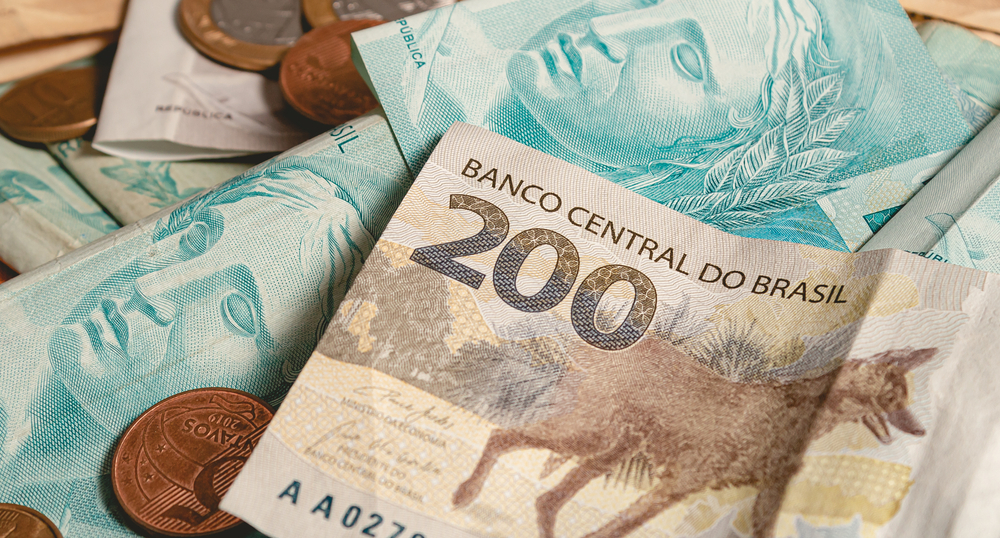Itaú Unibanco revised its estimate for Brazil’s primary deficit in 2023 from R$205 billion (1.9% of GDP) to R$170 billion (1.6% of GDP).
The revision stems, according to the bank, from a slightly smaller impact than expected from the version enacted by Congress of the Proposed Amendment to the Constitution (PEC) of the Transition, specifically with the permission for the appropriation by the government of around R$20 billion funds not withdrawn from PIS/Pasep, with no consideration for additional expenses, and the expected collection of approximately R$15 billion with the recent announcement of a reduction in the use of ICMS tax credits.
In addition to these measures, Itaú considers in the scenario that the government will reverse the exemption of federal taxes on gasoline from April, adding approximately R$30 billion (0.3% of GDP) to revenues.

“The result for the year may be punctually better than what we estimate depending on the success of the measures to reduce litigiousness in the Administrative Council of Fiscal Resources (Carf) and the refinancing of administrative debts that would generate extraordinary revenues and possible expenses lower than budgeted, mainly due to the difficulty of quickly operationalizing all the increase in expenses made possible by the Transition PEC”, observes the team led by Mario Mesquita.
For 2024, Itaú expects a primary deficit of R$105 billion (0.9% of GDP), lower than the R$120 billion (1% of GDP) previously forecast, but despite an increase of 1% of GDP of the tax burden, he points out.
“On the expenditure side, we assume that the new government will implement a fiscal rule that keeps expenditure constant as a proportion of the product and that, on the revenue side, it will approve tax collection increases with the taxation of profits and dividends, partial review of exemptions and increases of corporate tax rates on certain sectors”, they say.
Despite the expected increase in the tax burden, the public debt should rise in the coming years, according to Itaú. In their estimates, gross debt should increase from 74% to 78% of GDP between 2022 and 2023 and to 80% of GDP in 2024.
“The significant increase in spending to be implemented at the beginning of the new government, in an emerging economy with low growth, interest rates and high taxes, presents a worrying challenge”, they warn.
Fiscal balance is not incompatible with social responsibility, reinforces the bank. “On the contrary, it is a necessary condition for sustainable social gains.”
Running the risk of an unbalanced trajectory of the public debt, however, could lead to a new cycle of low growth, inflation and high interest rates, harming mainly those that the State should most protect, says the team.
“Furthermore, we point out that it would also be important for economic policy to avoid setbacks in the microeconomic part, such as the return of subsidized interest rates and repeals of Social Security reforms and labor laws”, they conclude.
Itaú Unibanco also revised its projection for the Gross Domestic Product (GDP) of Brazil from 3% to 2.8% in 2022, claiming that current data point to a contraction of the economy in the last quarter of last year.
“The weak performance at the margin should continue this year, with GDP growth of 0.9% in 2023, which should be driven mainly by the agricultural sector”, says i the report.
The bank also adjusted its projection for the IPCA in 2023 from 5.7% to 5.8%, due to the increase in fuel prices and the estimated IPVA collection.
For 2024, the expectation of 3.7% was maintained. But Itaú has the assessment that the risks to inflation for both 2023 and 2024 are bullish.
“In addition to the possible direct impact via the increase and return of taxes (such as the ICMS on fuel), the uncertain fiscal framework and the risk of an increase in the public debt can increase the risk premium, depreciate the real, putting pressure on inflation and anchoring expectations “, they claim.
With information from Valor Econômico

